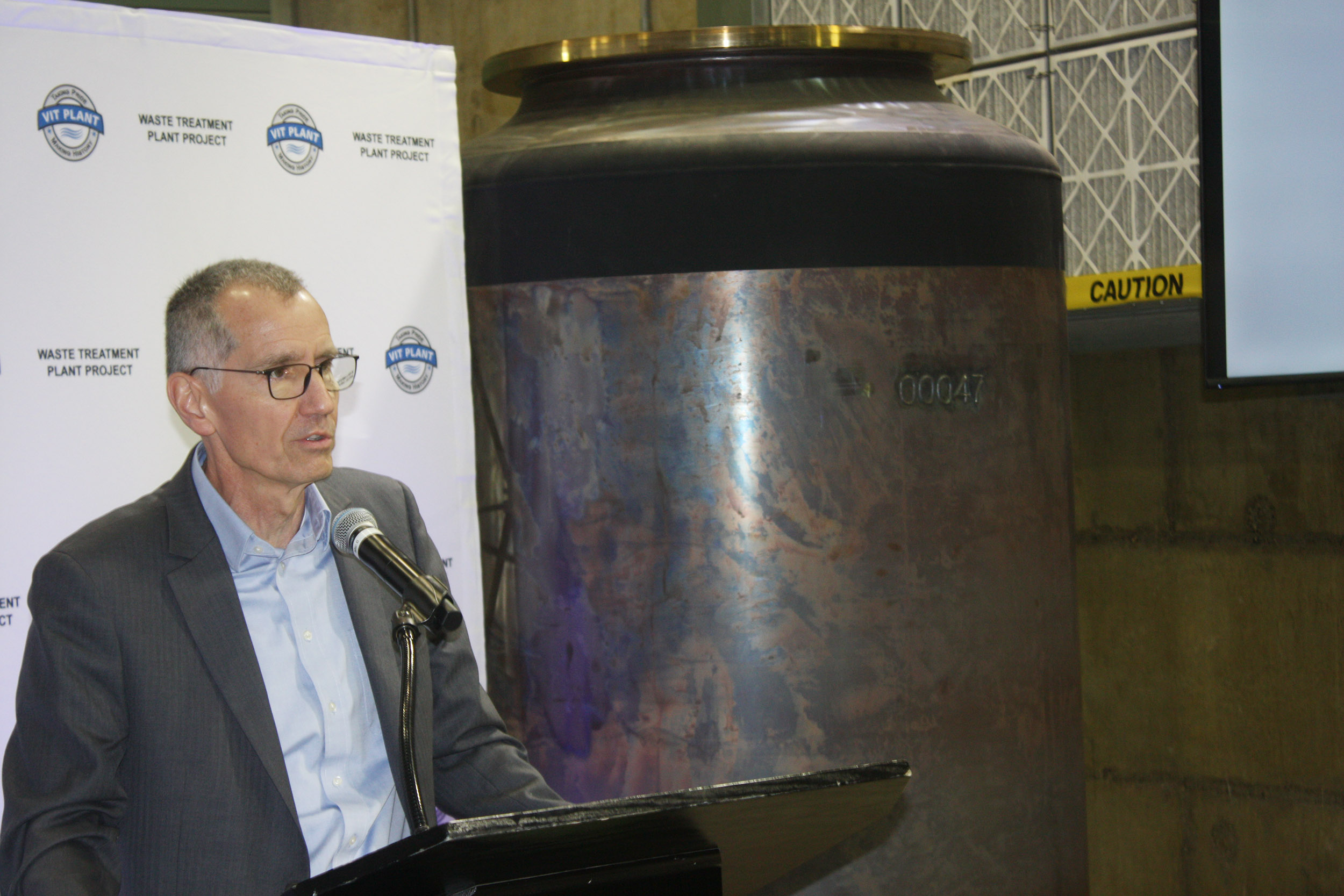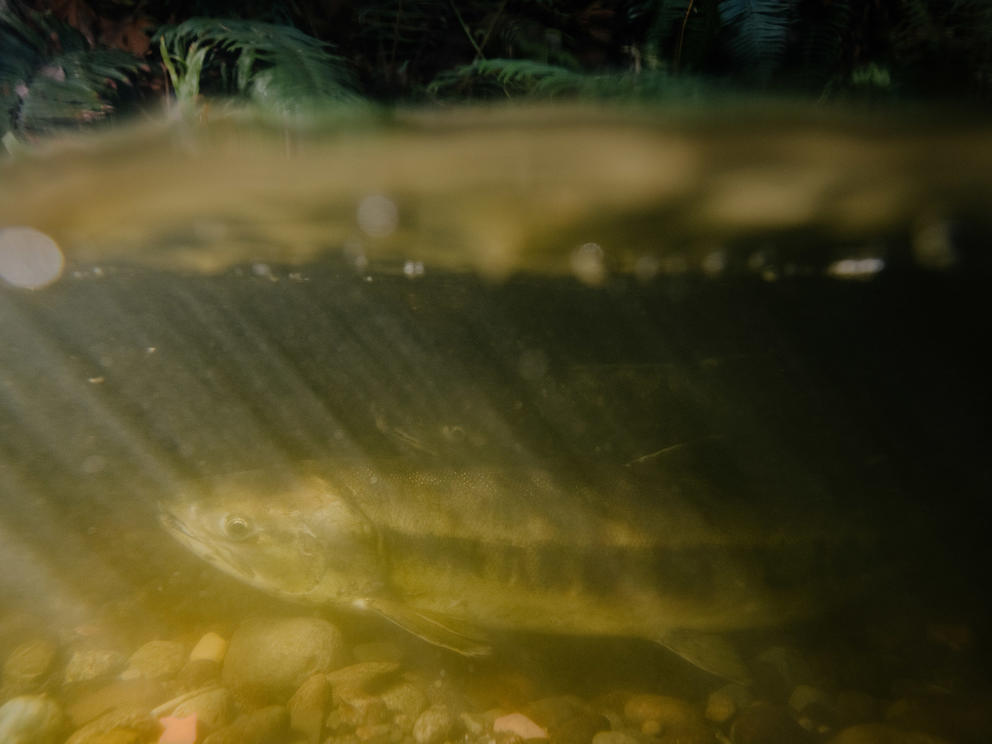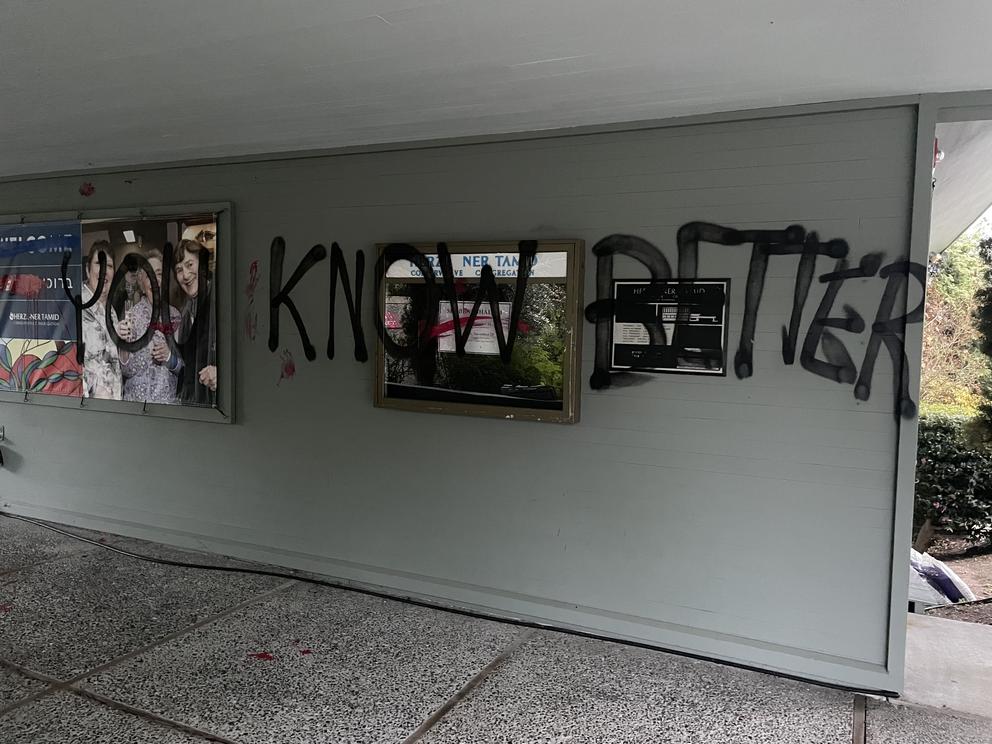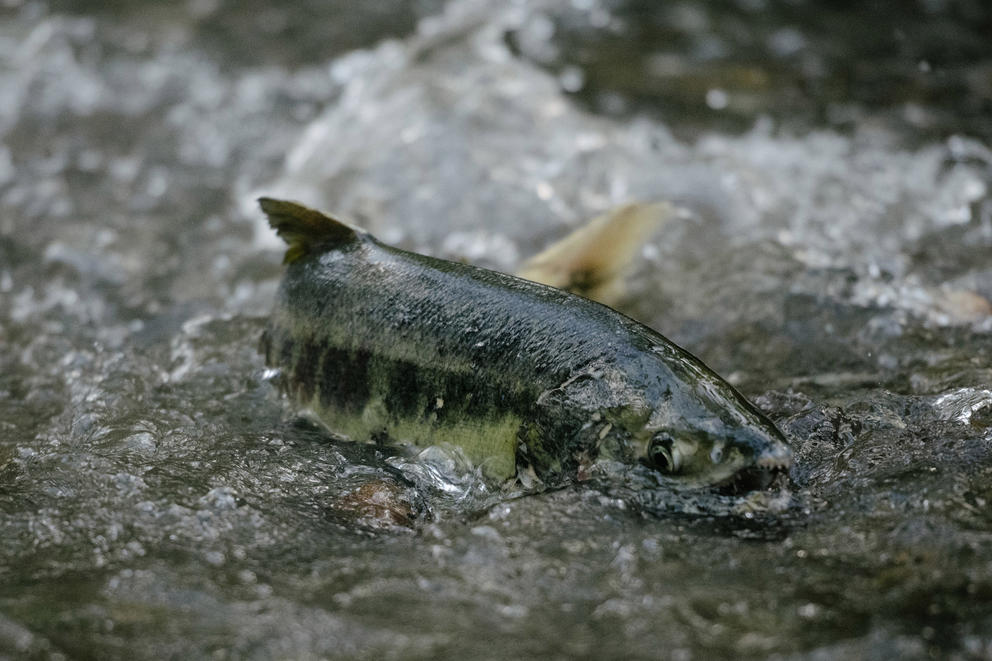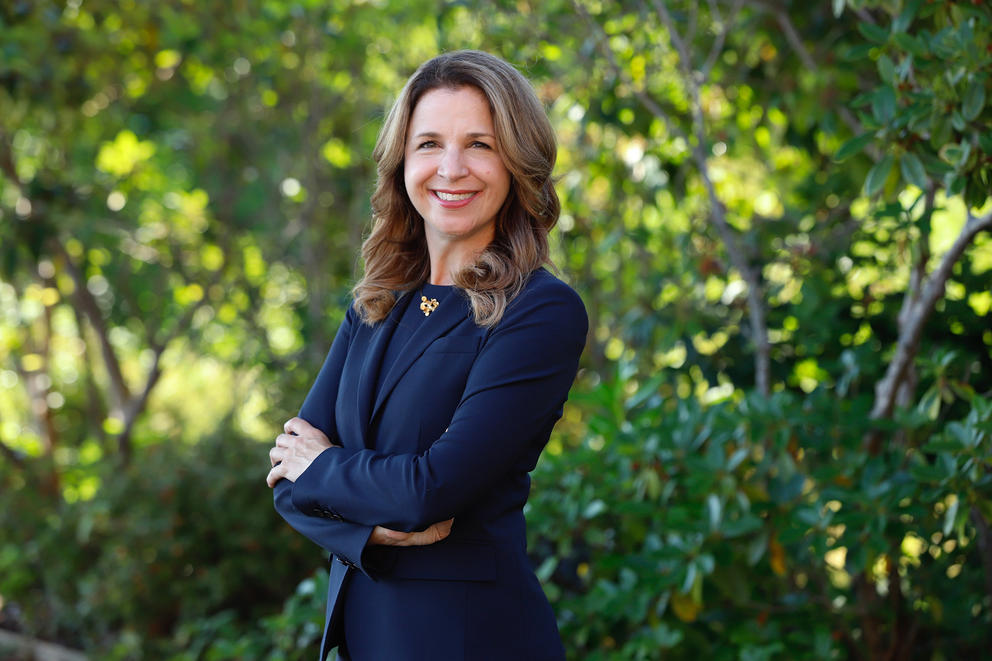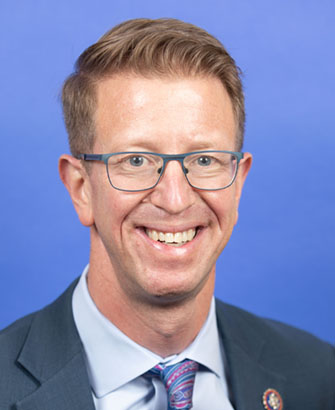At long last, Hanford poised to clean up nuclear waste with glass
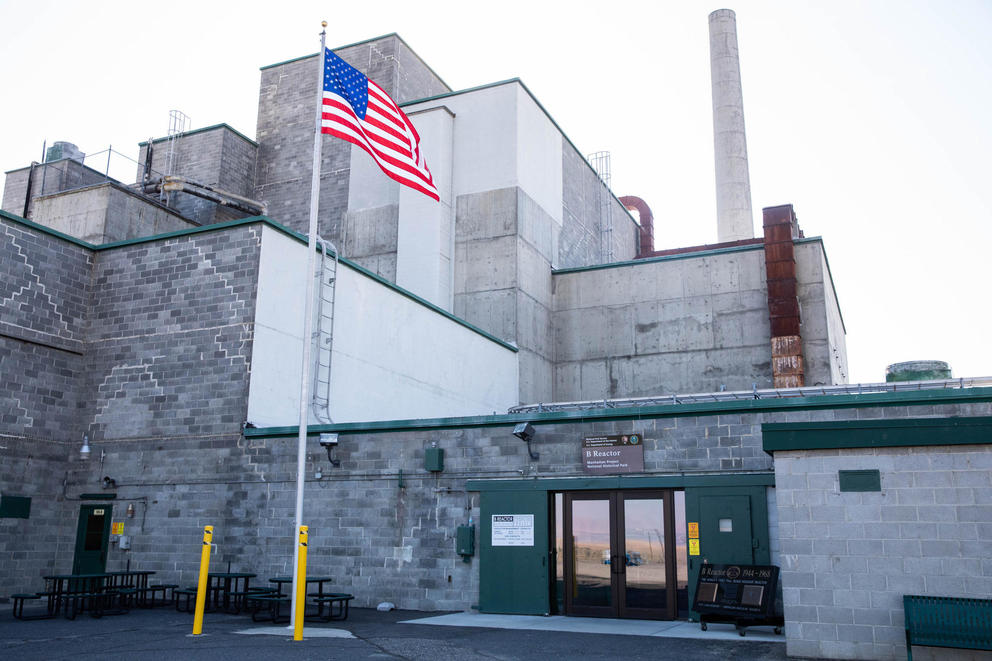
The B Reactor at the Hanford site on Oct. 12, 2022. (Amanda Snyder/Crosscut)
The Hanford nuclear reservation is on track to start encasing huge volumes of its worst radioactive wastes in glass within 18 months, marking progress on a cleanup project that is 16 years behind its original schedule.
Hanford, a decommissioned production site of nuclear bomb materials, filled its first canister with melted non-radioactive glass last week, a process called “vitrification,” the site’s leaders announced Monday.
“It was not obvious to everyone except this [vitrification plant] team that we’d be here today,” said the federal Department of Energy’s Hanford Manager Brian Vance at a Monday ceremony at the site’s low-activity-waste vitrification plant.
Hanford is expected to begin melting radioactive wastes together with glass flakes between April and June 2025 at a rate of 21 metric tons a day, Vance said. Hanford’s first melter poured its first glass in late October while the first 7.5-foot-tall, 4-foot-in-diameter stainless-steel canister was filled last week. It held slightly less than 1,800 gallons of cooled, greenish glass weighing 6.8 metric tons.
Hanford, which ended production in 1987, has 56 million gallons of radioactive waste in 177 leak-prone underground tanks. The tanks hold more than 100 types of deadly chemicals and highly radioactive wastes left over from its manufacturing of plutonium for atomic bombs during World War II and the Cold War. These tanks are arguably the most radiologically and chemically contaminated site in the Western Hemisphere.
Hanford plans to start testing its second low-activity-waste melter in a few weeks. The two melters are expected to have lifespans of about five years.
Next year, DOE and contractor Bechtel National plan to test the melters while running them 24/7. The tests will include simulated wastes. The Washington Department of Ecology, one of the site’s regulators, is especially interested in tests of the gases emitted into the atmosphere from the melting process, said Suzanne Dahl, tank waste treatment section manager for the ecology department.
“We will continue tirelessly to complete the entire mission,” said Bechtel’s senior vice president and glassification project director Brian Hartman. (“Glassification” is another term for converting something into glass.)
“This milestone demonstrates the progress we can make when the federal government meets its legal and moral obligations,” said Sen. Maria Cantwell, D-Wash., in a recorded video presentation to the small crowd Monday.
The glassification project has faced multiple delays and setbacks since it was announced more than two decades ago. Over the past 25 years, the DOE and its contractors have continuously underestimated the project’s complexity, playing fast and loose with short-term goals at the expense of long-term ramifications.
The project’s early history includes the DOE getting rid of two site managers who warned that the glassification plant would be more complicated and more expensive than anticipated. In 2010, another subcontractor manager was exiled due to his warnings that major technical problems threatened potential leaks and explosions, which threatened Bechtel getting a bonus from the feds. In 2015, Bechtel said the project would be delayed because of the problems that it hushed up in 2010.
Originally, the legal deadline to start glassification was 14 years ago, in 2009, and to finish glassifying in 2019. The project’s budget has grown from $4 billion to $17 billion, and could expand to more than $30 billion. Right now, Hanford’s legal target is removing all the waste from the single-shell tanks, planning to close those tanks by 2043 and the double-shell tanks by 2052.
The DOE has moved those targets back to 2069, a date not reflected in its current cleanup agreements with the state of Washington, according to a 2021 report by the Government Accountability Office. Those deadlines are expected to be pushed further back in a tentative agreement that will be publicly unveiled after the DOE and the Washington Department of Ecology finish reviewing changes in the draft.
The single low-activity-waste plant will handle only 40% to 50% of the low-activity wastes, which make up the bulk of the materials in the tanks. The rest of the low-activity wastes will have to be handled by a second plant, or by a different disposal method.
A high-level waste melting plant is on the drawing board, along with a pretreatment plant for that material. Currently, the DOE’s deadline to have its high-level waste melters online is 2033. However, that is expected to change when the tentative agreement is finalized.
